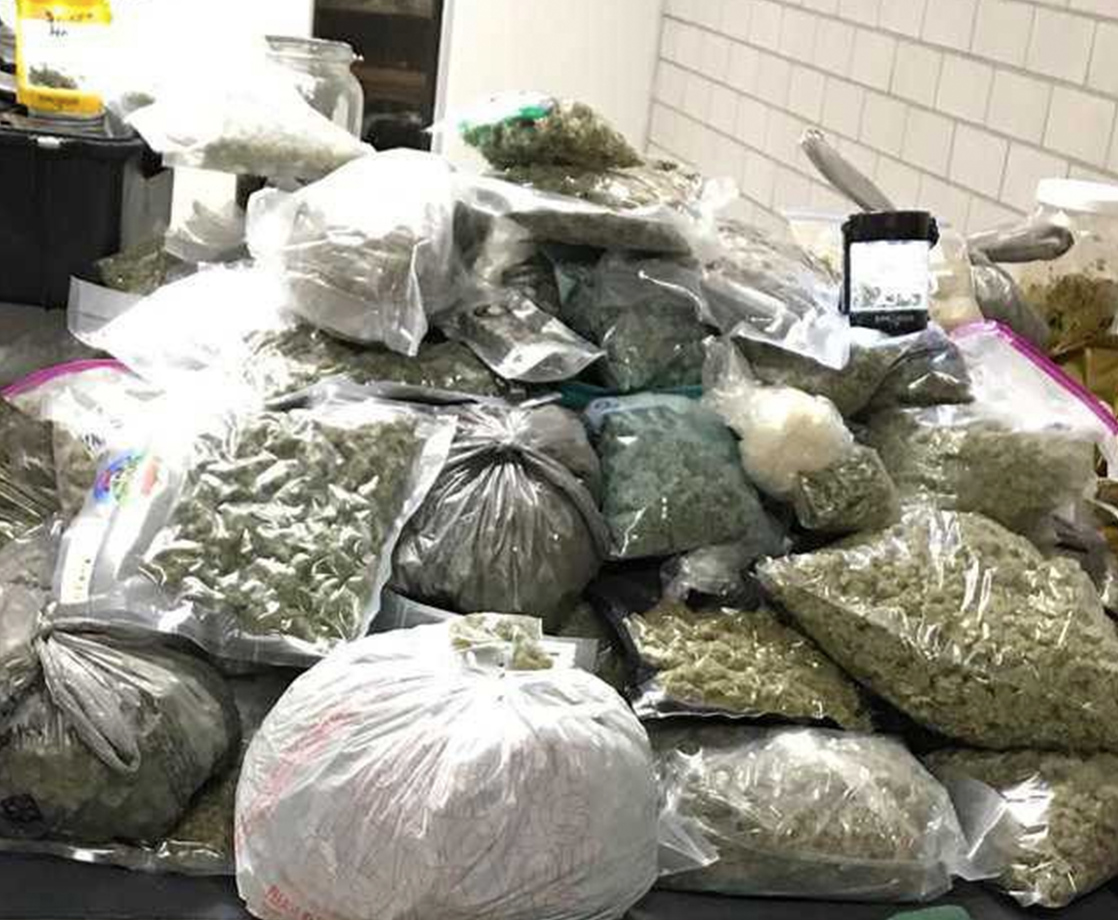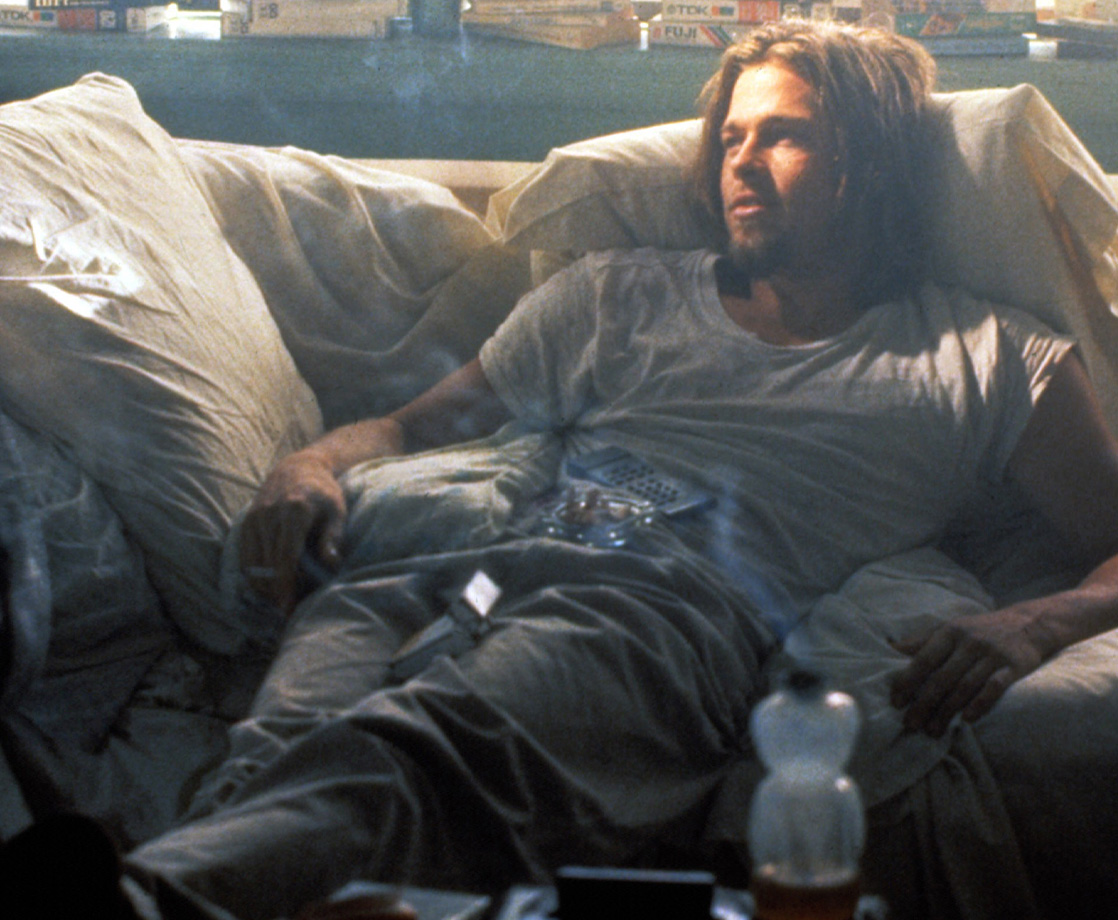In late 2018, Massachusetts’ very first adult-use cannabis dispensary opened to recreational users across the Bay State. But just because you can purchase weed legally from licensed shops doesn’t mean you can buy and sell the sticky stuff wherever you want. In Springfield, MA, the owners of a local strip club are learning that lesson the hard way.
Springfield Police Seize 200 Pounds Of Marijuana https://t.co/DJ0QXwaDzy pic.twitter.com/jicOtNdvos
— Boston Informer (@boston_informer) January 27, 2019
According to MassLive, Springfield police raided an “illegal underground cannabis vendor party” in a third floor space above the Mardis Gras strip club on Friday night, making two arrests, and disrupting a party where more than 150 attendees and 30-40 vendors were allegedly buying and selling over 200 pounds of weed.
To execute the pot party raid, Springfield cops went undercover at the party and made cannabis purchases from two different sellers, before calling the cavalry to confiscate as much bud as they could grab. They also handcuffed the two vendors that had sold to the undercover officer.
Springfield PD: 200 pounds of marijuana seized from clubhttps://t.co/PDdlrm4ceQ pic.twitter.com/WiIaSdocu5
— Ciara Speller (@CiaraSpeller) January 26, 2019
Since cannabis is legal under Massachusetts law, the two vendors arrested at Friday’s event have been charged with misdemeanor counts of distribution and possession with intent to distribute a Class D drug.
In addition to the 200 pounds of lost weed and two cannabis community members in handcuffs, Springfield Mayor Domenic J. Sarno subsequently called for a disciplinary hearing for Mardis Gras which could potentially rescind the strip club’s liquor license.
“The Mardi Gras establishment will face all appropriate sanctions, all the way up to revocation of any and all licenses,” Sarno said.
A legal representative for Mardi Gras Entertainment and its president, Anthony L. Santaniello, told MassLive that the third floor space where the pot party was held is an empty warehouse space available for rent, and is in no way associated to the strip club on the ground floor, or the steak house or cigar bar also owned by Mardi Gras Entertainment.
In states where cannabis is legal, but strong barriers also prevent most regular folks from setting up their own licensed company or dispensary, events like the Springfield vendor party have becoming increasingly common. For example, in Washington D.C., a lack of storefront pot shops has lead to a vast underground gifting economy. And in Southern California, where Prop. 64 opened up the Golden State’s recreational market, “session” events have recently encountered the same law enforcement problems as their Massachusetts counterparts.
Follow Zach Harris on Twitter











